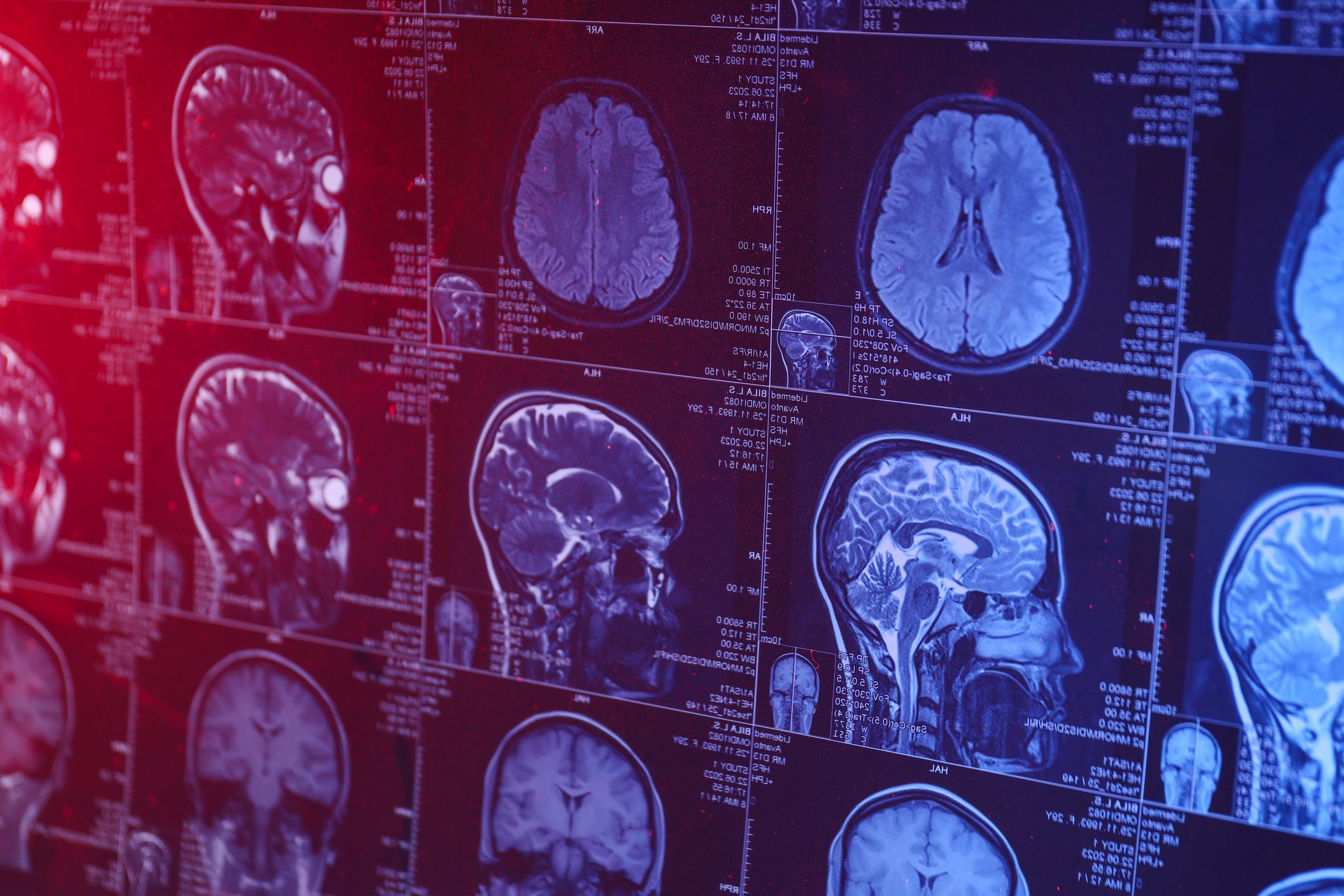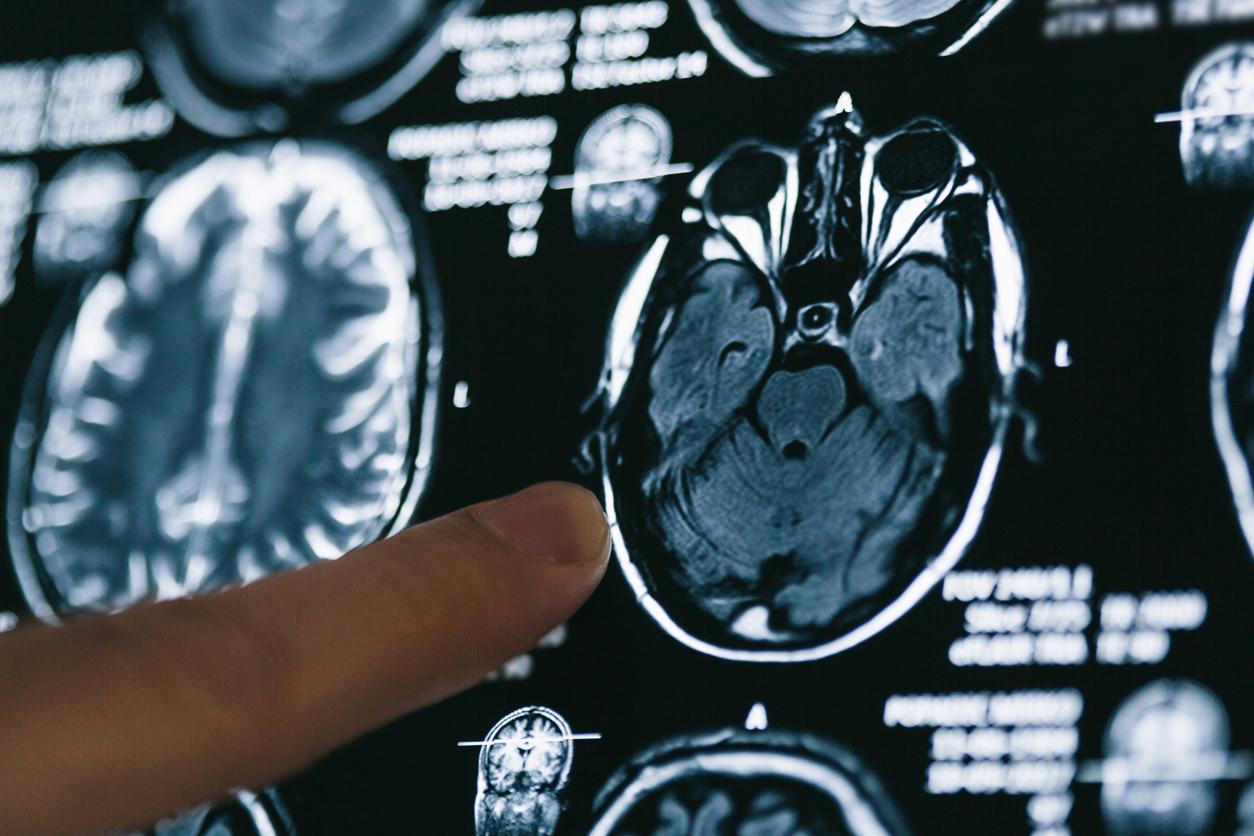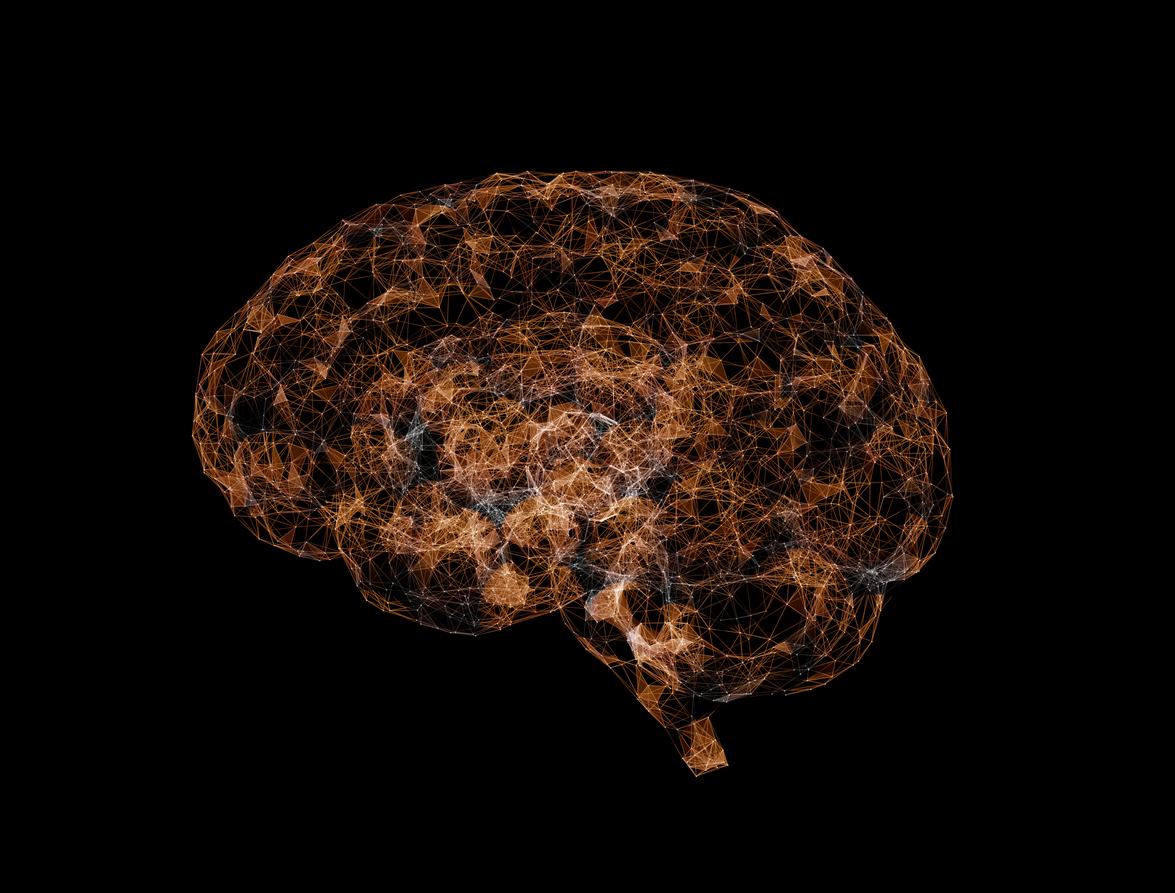American researchers performed scans on six patients who had had one of the two hemispheres of the brain removed. The results show that these people live in good conditions with satisfactory cognitive performance.

Living with only half a brain? It’s possible, say American scientists who publish a study in the journal Cell Reports in which they relate the case of six patients who underwent the ablation of one of the two cerebral hemispheres during childhood for a severe form of epilepsy.
Followed by researchers from theCaltech Institute in the United States, the six participants underwent hemispherectomy between the ages of 3 months and 11 years. The Caltech Institute researchers behind this new work wanted to determine to what extent the brains of these patients exhibited a different functioning from an intact brain.
Scans carried out on six patients and compared with those of 1482 control patients with “healthy” brains, however, revealed that the half-brain of these patients presented a network of neurons similar to that of a brain which would have retained both hemispheres.
“These results support the hypothesis of a common set of functional networks that underlie cognition and suggest that network interactions may characterize functional reorganization in hemispherectomy,” the scientists say.
Greater neural connections
These people were indeed perfectly capable of reasoning, feeling emotions or walking. Brain scans also revealed an increased number of connections between brain networks in patients who had part of their brains removed, compared to other individuals. Regions of patients’ brains that control gait function, for example, seemed to communicate more with regions that regulate speech in patients with only half a brain.
“The networks themselves do not appear abnormal in these patients, but the level of connection between the networks is increased in all six patients,” says Dorit Kliemann, co-author of the study, in a statement published on the Caltech Institute website.
In the future, researchers hope to explore how compensation in hemisphererectomies influences behavior more directly. “Some of our functions are strongly lateralized to one hemisphere. How will these lateral functions be reorganized after hemispherectomy?” asks Lynn Paul, Principal Investigator of Caltech’s Hemispherectomy Research Program.
.















